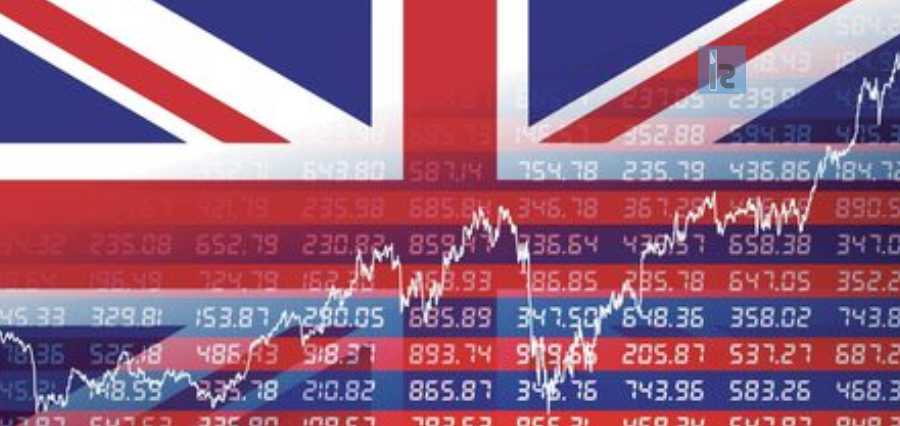The U.K. economy shrank 2% in the first three months of the 2020. This is fastest pace since the 2008 financial crash which is showing just how badly the pandemic lockdown triggered at the end of the month March has disrupted economic activity.
Points to Take a Look
- The data from U.K.’s statistics agency displays the fall was driven by a sharp 5.8% fall in March; worst monthly contraction ever since the monthly records began in 1997. It also shows no growth in the last quarter of 2019.
- The Services industries like accommodation, food, education and entertainment, were extensive damaged by the lockdown processes and saw some of the hardest drops in output, falling 1.9% overall in Q1.
- The biggest contraction since 2008 has been seen where household spending shrank 1.7% in last three months of the year.
- The manufacturing output for transport equipment also dropped 10%, where car plants and suppliers shuttered.
- Production sectors such as transport equipment, manufacturing, auto parts, and textile production fell 2.1% in Q1 while construction output dropped 2.6%.
- This data is the first from the ONS which is showing the initial effect of Covid-19 lockdowns on the U.K. economy.
The U.K.’s statistic agency has presented a cold picture of the British economy but today’s data only display the impact of two weeks of the lockdown. But, the entire picture of the shutdown of all but essential businesses will clear with the ONS economic output records for April.
Rishi Sunak, U.K.’s finance minister said to Sky News that the 2% contraction was no surprise as the U.K. has severe effects of the virus. “That’s why we’ve taken the unprecedented action that we have to support people’s jobs, their incomes, and livelihoods at this time, and support businesses, so we can get through this period of disruption and emerge stronger on the other side,” said Rishi.
Head of economics at the British Chambers of Commerce Suren Thiru said: “The contraction in UK GDP in the first quarter underscores the negative impact that coronavirus had on the economy, even at its earliest stages. The speed and scale at which Coronavirus has hit the UK economy is unprecedented and means that the Q1 decline is likely to be followed by a further, more historically significant, contraction in economic activity in Q2.”
The U.K. economy looks to have proceeded better than the Eurozone, which has a 3.8% GPD contraction in the first quarter. This may also happen because Boris Johnson’s government was slow to introduce the lockdown processes that countries like Italy, and many other European leaders, announced from March 9 onwards. However, two weeks of ‘normal’ financial activity might have come at the cost of a long term shutdown, even as Europe reopens for business activities, although the U.K. has the highest death rate of any European nation. Last week, the Bank of England cautioned that the U.K. could have its worst economic slump in more than 300 years, and estimate the economy to shrink 25% in the second quarter, and 14% overall for this year.
Workforces in the U.K. which are not able to remote working are returning to work on Wednesday, despite alarms from unions that they will not be sufficiently protected. It follows Prime Minister’s decision to start easing the lockdown process in England, in a move at odds with the devolved governments of Wales, Northern Ireland and Scotland.


